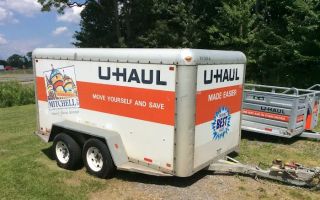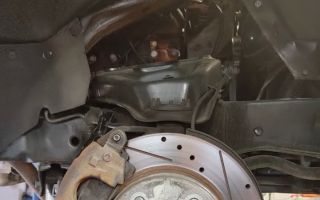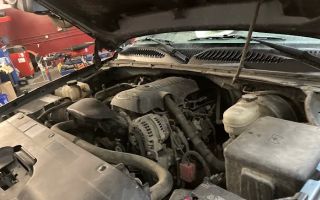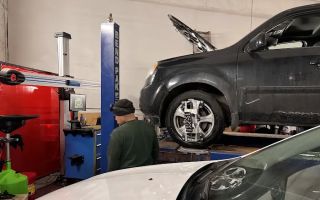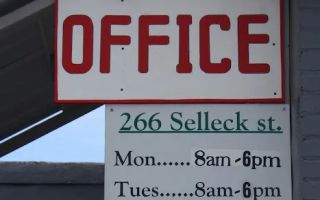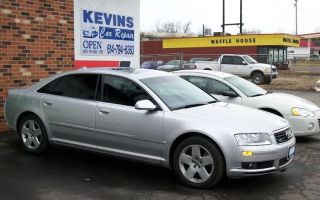What to Do if Your Car Won’t Start on a Trip: A Step-by-Step Guide
Published on May 06, 2025Auto Repair Shops Near Me
Recommended

Reliable Towing Services for Long-Distance Breakdowns You Can Trust
An in-depth first-person guide to reliable towing services for long-distance breakdowns, explaining real-world towing processes, safety knowledge, and practical solutions for drivers facing unexpected vehicle failures.
Jan 30, 2026
Towing Services for Gas Delivery: How to Get Fuel When You Run Out
Learn how towing services for gas delivery work, their benefits, and how they can save you time and stress when you run out of fuel. Discover how to quickly get back on the road with emergency fuel delivery.
Jan 30, 2026
Best Local Towing Companies with 24-Hour Service
Looking for reliable 24-hour towing services? Learn how to choose the best local towing companies for emergency situations, from flat tires to accidents. Get expert advice on roadside assistance and towing options.
Jan 29, 2026
Roadside Assistance for Cars with Electrical Malfunctions: A Comprehensive Guide
Discover how to handle electrical malfunctions in cars and get the right roadside assistance. Learn how to identify electrical issues, prepare for breakdowns, and choose the best roadside assistance services to help you on your journey.
Jan 28, 2026
Affordable Towing Assistance for Non-Running Vehicles
A detailed first-person guide explaining affordable towing assistance for non-running vehicles, how towing works, what affects cost, and how to choose reliable, budget-friendly towing solutions.
Jan 28, 2026
Local Towing Companies with 24-Hour Service You Can Rely On
A detailed first-person guide explaining how local towing companies with 24-hour service work, how they solve roadside emergencies, and how to choose a reliable towing provider anytime you need help.
Jan 27, 2026Related Categories
Popular

Emergency Vehicle Towing Guide for Miami: What You Need to Know
Jan 24, 2025
The Best All-Season Tires for Your Car in 2025: Top Picks for Every Driver
Mar 07, 2025
How Towing Services Can Help with Engine Overheating: Immediate Assistance When Your Engine Runs Hot
Jan 24, 2025
How to Safely Use Towing Services for Vehicles with Dead Batteries
Jan 24, 2025
Comprehensive Guide to Roadside Emergency Services: Towing, Car Rescue, and More
Feb 24, 2025
Flatbed Towing vs. Traditional Towing in Chicago: Which is Right for Your Vehicle?
Jan 22, 2025
Reliable Towing for Electric Vehicles in Madison: Your Trusted Roadside Assistance
Jan 24, 2025
What to Do After an Accident in San Francisco: A Step-by-Step Guide
Jan 22, 2025
Why You Should Always Carry Roadside Assistance Coverage: The Key Benefits and Importance
Jan 24, 2025




